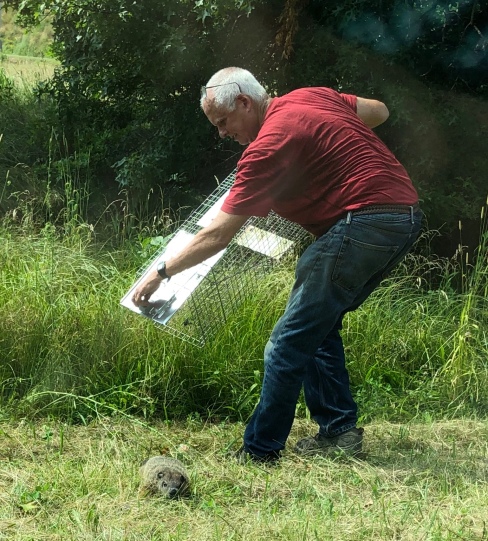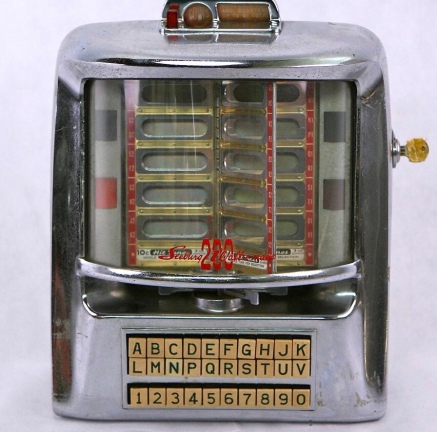
“You can’t get away from yourself by moving from one place to another.” (Ernest Hemingway)
In 12 step meetings people are introduced to the concept of the geographic cure, an idea that all one’s problems can be solved by moving to a new location. It’s a tempting idea, one that many people believe. In Connecticut, at the moment, there seems to be an underlying malaise that has led one third of those interviewed saying they will leave the state in the next five years.
Many good reasons exist for relocating. Better jobs might be available somewhere else. Perhaps family members want to live closer to one another. Some people prefer a different climate, either hotter or colder than the one they currently inhabit. People may want to move into a retirement community and there isn’t a good one nearby.
But a general grumpiness about one’s location can’t be solved by moving to another, not if the problem is internal, not external. As the old bumper sticker used to say “Wherever you go, there you are.” Right now North Carolina seems to be luring many Connecticut residents. The taxes are lower there. The weather is warmer. But as any place grows rapidly, so do the needs to build more roads, more schools, more services. Eventually either taxes will go up there or services will stagnate. So what seems ideal might lose its shine after a while. Portland, Oregon, once my home town, has now been “loved to death” by the influx of new residents looking for a place that no longer exists. Housing prices have soared, traffic is impossible, and quiet neighborhoods are being disrupted by tear downs of single family houses replaced with two or more houses.
A dissatisfied Connecticut resident might soon find himself a dissatisfied North Carolina resident. I hope not. I hope he isn’t looking for a geographic cure.









